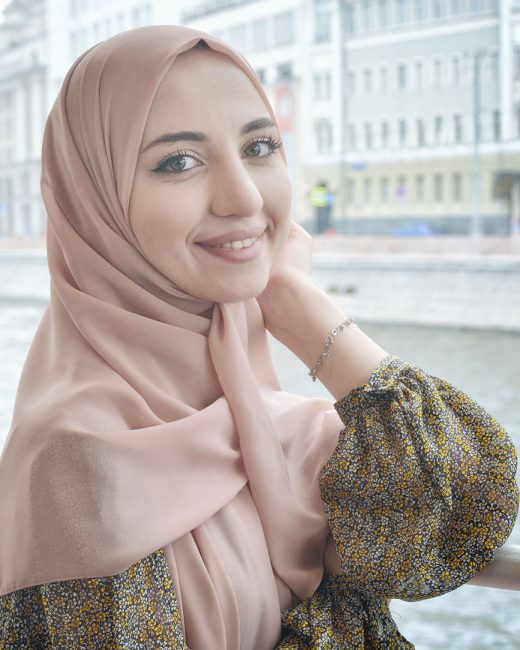Meet ابتسام (Ibtisam, pronounced “eeb-tee-sam”)
This persona is a fictional profile of a UMaine student. It was created using data to reflect the challenges, successes, and overall experiences of some of our students.

Age: 19 years old
Work: Subway in Old Town
Major: Chemistry sophomore
Family: Single, youngest of two siblings
Challenge: English Language Learner (ELL), Culture Shock, Post-Traumatic Stress Disorder (PTSD), Homesick
Languages spoken: Modern Standard Arabic (MSA), Syrian Arabic dialect, Lebanese Arabic dialect, French, English
Location: Orono, ME
Where is home? Right now, Lebanon, but Maine is starting to feel like home
Pronouns: She/her
Accessibility accommodations: None, uses closed captions whenever available
